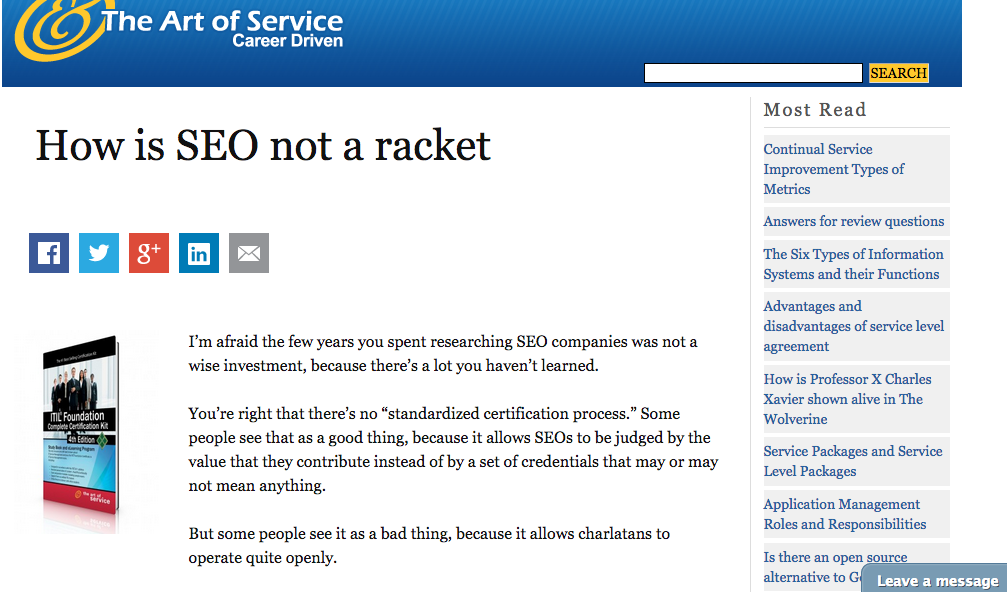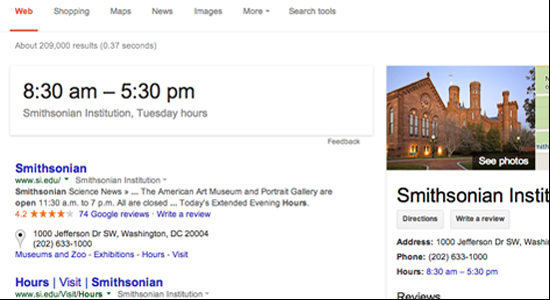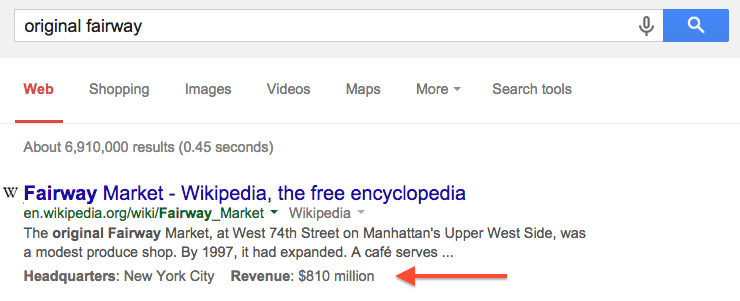Basketball is happening around me (good news: I am not in last place in my office bracket pool thing) and I got curious, for some reason, about the dimensions of a basketball. So I asked Google: basketball diameter.

Most of this SERP is junk, but the first organic result is actually perfect, answering my question above the fold (and they even included the answer in the meta description, so I didn’t even have to click at all if I didn’t want to):
A standard NBA basketball is 9.43 to 9.51 inches in diameter, or 29 5/8 to 29 7/8 inches in circumference. It is inflated to a pressure of 7.5 to 8.5 pounds.
But instead of trusting their own organic search ranking algorithm to provide searchers with the best answer, Google scraped the #2 result to give me an incorrect answer: I specifically asked for the diameter of a basketball; what appeared above the search results was information about a basketball’s circumference. This is a very bad experience.
Google should stop scraping publishers’ sites to put answers directly in search results in cases where the nature of the question is strictly factual and where the facts would actually be wrong.






